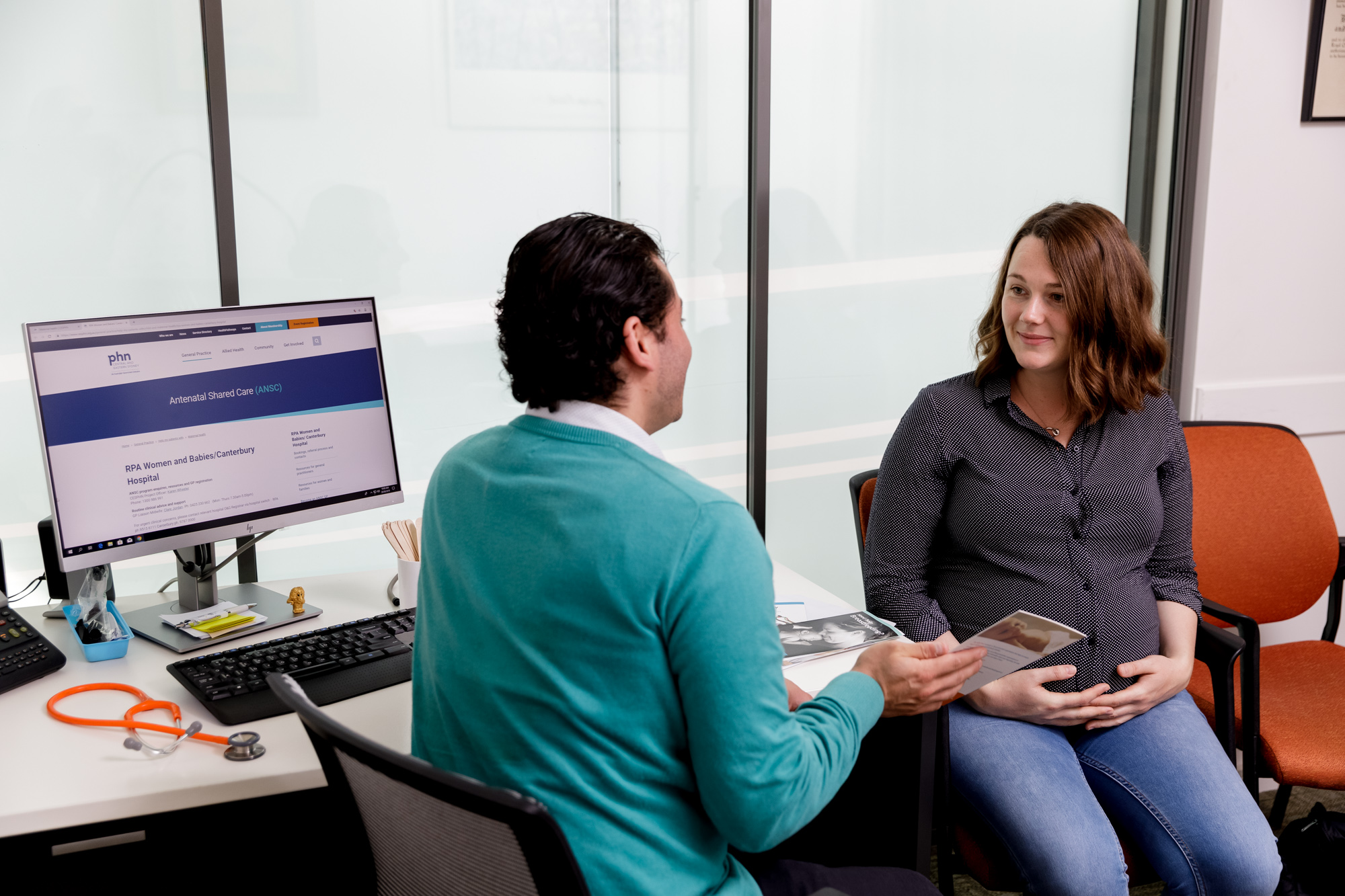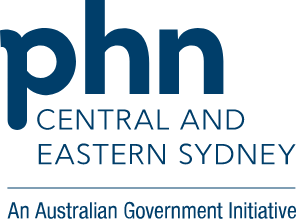Strengthening Integration
GLAD
The GP Liaison in Alcohol and other Drugs (GLAD) project is a shared care project to assist GPs and specialist AOD services in working together to provide care for patients with alcohol and other drug concerns, improve patient experience, and health outcomes.
Clinical Nurse Consultants (CNCs) are employed by South Eastern Sydney Local Health District, Sydney Local Health District and St Vincent’s Health Network to support delivery of the GLAD project. The CNCs provide training, education and direct liaison support to GPs.
The aims of the project are to increase the participation of GPs in the delivery of care to their patients presenting with AOD concerns, as well as to increase specialist AOD clinical capacity to work with GPs as part of routine care planning for all AOD patients.

”A GP was supported to manage alcohol withdrawal in the community for a woman with a long history of alcohol use and chronic anxiety. She had periods of abstinence when she had her children, but her alcohol intake had significantly increased recently. Three months after she successfully completed the withdrawal, the GP reported that the patient remained abstinent and that her Liver Function Test results showed improvement. The GP was appreciative of the advice and support provided.
Good news story
Achievements
CESPHN, SESLHD, SLHD and SVHN collaborated on a GLAD CPD event attended by GPs, Nurses, Allied Health Professionals and Practice Managers. We also participated in the Increasing GP Prescribers of Opioid Treatment Program (OTP) facilitated by the Ministry of Health Centre for AOD. This has resulted in additional GPs in the CESPHN region being aware of the benefits of this evidence-based treatment and participating in training and prescribing.
A patient was referred to GLAD by his GP requesting a high-dose methadone transfer to buprenorphine sublingual films (Suboxone). The patient works full-time and would like more flexibility around dosing and also reports feeling negative side effects of methadone such as lack of energy and low libido. The GP expressed a lack of experience in prescribing Suboxone or long-acting injectable buprenorphine (LAIB). The GLAD CNC provided information on Suboxone, LAIB and clinics/pharmacies dispensing these medications. The GP agreed with the plan, however the patient was ambivalent on whether to have Suboxone or LAIB. The GLAD CNC provided information and discussed the pros and cons of each option.
The patient successfully transferred to weekly LAIB and subsequently to monthly LAIB. The GLAD CNC provided regular checks in with the patient, who expressed gratitude for the support and care they. The GP was appreciative of the support and now feels more confident and knowledgeable on LAIB.
GP Antenatal Shared Care (ANSC)
The GP Antenatal Shared Care (ANSC) program supports the delivery of integrated, high-quality maternity care by facilitating shared clinical responsibility between GPs and hospital-based teams under agreed protocols.
Operating across Royal Prince Alfred (RPA) and Canterbury Hospitals, St George and Sutherland Hospitals and the Royal Hospital for Women (RHW), the program upholds principles of flexibility, informed choice and continuity of care.
It actively addresses the needs of culturally and linguistically diverse communities, enhances GP capability in antenatal care, and strengthens strategic collaboration between primary care and hospital systems – ensuring continuity and excellence throughout the pregnancy journey.

In 2024/25:
- Regional alignment of CPD and training initiatives guided by the establishment of an Education Subcommittee and consultation with ANSC Advisory Committees to identify delivery gaps and support a coordinated, consistent approach across the region.
- Enhancing information sharing through the creation of secure Microsoft Teams channels, enabling improved communication and engagement among Advisory Committee members.
- Strengthening Governance through collaborative updates to foundational documents, including revising Memoranda of Understanding (MoU) and clinical protocols.
- Facilitating GP and midwife engagement by promoting monthly ‘drop-in’ sessions that create opportunities for direct interaction and relationship-building.
”“Informative and useful in general practice, particularly for antenatal and postnatal care.”
CPD event feedback
GP CanShare

Since 2019, CESPHN has delivered the GP CanShare program to strengthen cancer care integration between general practice and hospital services. The program supports coordinated, patient-centred care through improved communication and shared care planning between GPs and oncology teams – enhancing continuity and outcomes for people living with cancer.
An independent evaluation by Deloitte confirmed the program’s impact and identified opportunities for long-term sustainability. These findings are now guiding a 12-month extension of GP CanShare, with a focus on embedding shared care practices and consolidating the program’s achievements across the region.
- Improved equity through translated patient surveys in the top five community languages.
- Enhanced digital communication pathways via HealthLink to support timely information sharing.
- Supported uptake of injectable therapies in primary care, reducing hospital burden and improving patient access.
- Integration of shared care plans into hospital systems, improving continuity across hospital and community settings.
- Collaborative work initiated to address service gaps in under-resourced streams, including lung, fertility, and Adolescent and Young Adult cancers.
”I felt as though a weight was taken off my shoulders, I didn't have to panic about anything, if I had a question all I had to do was call you [CNC] and you could guide me through what needed to happen. It's also great that you [CNC] can help with contacting my hematologist as I often have difficulty with this as she is always busy.”
Patient
Mental Health Shared Care
GP Mental Health Shared Care (GPMHSC) is a partnership with Sydney Local Health District, South Eastern Sydney Local Health District, and St Vincent’s Health Network.
It aims to facilitate integrated pathways between public mental health services and GPs to improve the physical health outcomes of people living with severe mental illness.
An outcome of coordinating collaborative care arrangements between mental health services and GPs is the improved screening, detection, treatment, and management of physical health concerns, as well as improved linkages to other health professionals, clinical services, and psychosocial support providers.
In August last year, the GPMHSC redesign was initiated through a competitive tender process. The main objectives were to address systemic and operational barriers, use co-design to develop a new service model and guidance document, and create a more effective model of care that enhances primary care engagement through clearly defined team roles and responsibilities.
Over the past year more than 85 people, including those with lived experience, carers, peer workers, GPs, mental health staff, and managers, took part in focus groups, interviews, and co-design workshops. Their input helped us understand the main challenges, such as communication gaps, unclear team roles, and difficulties finding GPs suited to shared care.
”“This program helps me to look after myself and know what to do to improve my physical health….my mental health too because my GP and mental health care coordinator both know what is happening. It’s been helpful, the people are nice... I would encourage other people to participate.”

